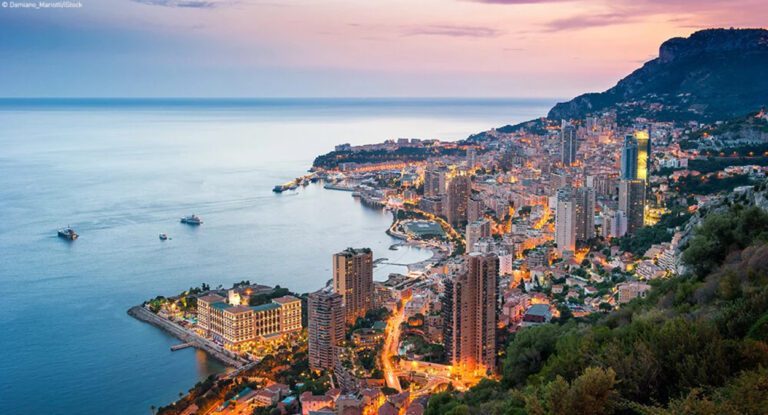🎧 Listen to This Article
MONACO – Monaco’s long-standing status as a tax haven remains unchanged, with no income tax for non-French nationals and exemptions from wealth and property taxes. As more high-net-worth individuals flock to the tiny Mediterranean principality, questions surrounding its tax regime and residency requirements for 2025 continue to rise.
Monaco, synonymous with luxury and financial freedom, has for over 150 years remained a tax paradise for the world’s wealthiest individuals. The zero income tax rule, with some exceptions like French nationals, makes it an attractive destination for entrepreneurs, executives, and celebrities alike. But does its reputation as a tax haven tell the full story? What taxes are actually being levied, and how do these policies affect both residents and businesses?
Context & Background – Why Monaco Continues to Attract the Ultra-Wealthy
Monaco’s tax policy was established in 1869, with the Grimaldi family deciding to fund the city-state’s budget through gambling revenues. Since then, its unique tax laws have helped it evolve into a hub for wealth management, attracting ultra-wealthy individuals from across the globe. With France’s top income tax rate currently at 45%, Monaco’s 0% income tax rate remains a major draw.
However, Monaco’s tax-free label is not without its complexities. Residents are still subject to value-added tax (VAT), stamp duties on property transactions, and some limited inheritance tax, especially for distant relatives and non-residents. Monaco’s corporate tax system is also not entirely tax-free—businesses making more than 25% of their turnover outside Monaco are subject to a 28% business profit tax.
Economic & Compliance Impact – Tax Relief for Individuals, But Business Liabilities for Some
The absence of income tax, wealth tax, and capital gains tax is certainly a major benefit for residents, but it comes at a high cost—Monaco’s real estate market is one of the most expensive in the world. With an average price of €51,967 per square meter in 2024, purchasing property in Monaco is far from affordable for most individuals, and rental costs also top the charts.
For businesses, the 28% corporate tax rate could be a concern for those engaging in cross-border trade. However, businesses with a domestic revenue base of over 75% can avoid paying business profit tax, making the principality an ideal base for local businesses or private companies. The complexities of stamp duties and potential inheritance taxes also demand careful planning for high-net-worth individuals considering estate transfers.
Expert Insight – What’s Really Happening in Monaco’s Tax Landscape?
“Monaco’s tax system is among the most attractive for wealthy individuals, but it’s not without its intricacies,” says Luca Rossi, partner at global tax consultancy firm PwC. “While the absence of income and wealth taxes offers substantial relief, businesses must navigate complex rules around corporate taxation and ensure compliance with the required thresholds to avoid additional tax burdens.”
Next Steps & What to Watch – Will Monaco’s Tax Environment Shift?
Though Monaco’s tax haven status remains secure for now, global scrutiny of low-tax jurisdictions continues to grow, with calls for greater transparency and regulation. The EU, for instance, has scrutinized its tax policies, particularly concerning the ease of business incorporation in Monaco. As international tax cooperation tightens under the OECD’s BEPS (Base Erosion and Profit Shifting) initiative, Monaco’s tax rules could face future changes.
For further details, clarification, contributions, or any concerns regarding this article, please contact us at editorial@tax.news. We value your feedback and are committed to providing accurate and timely information. Please note that our privacy policy will handle all inquiries



